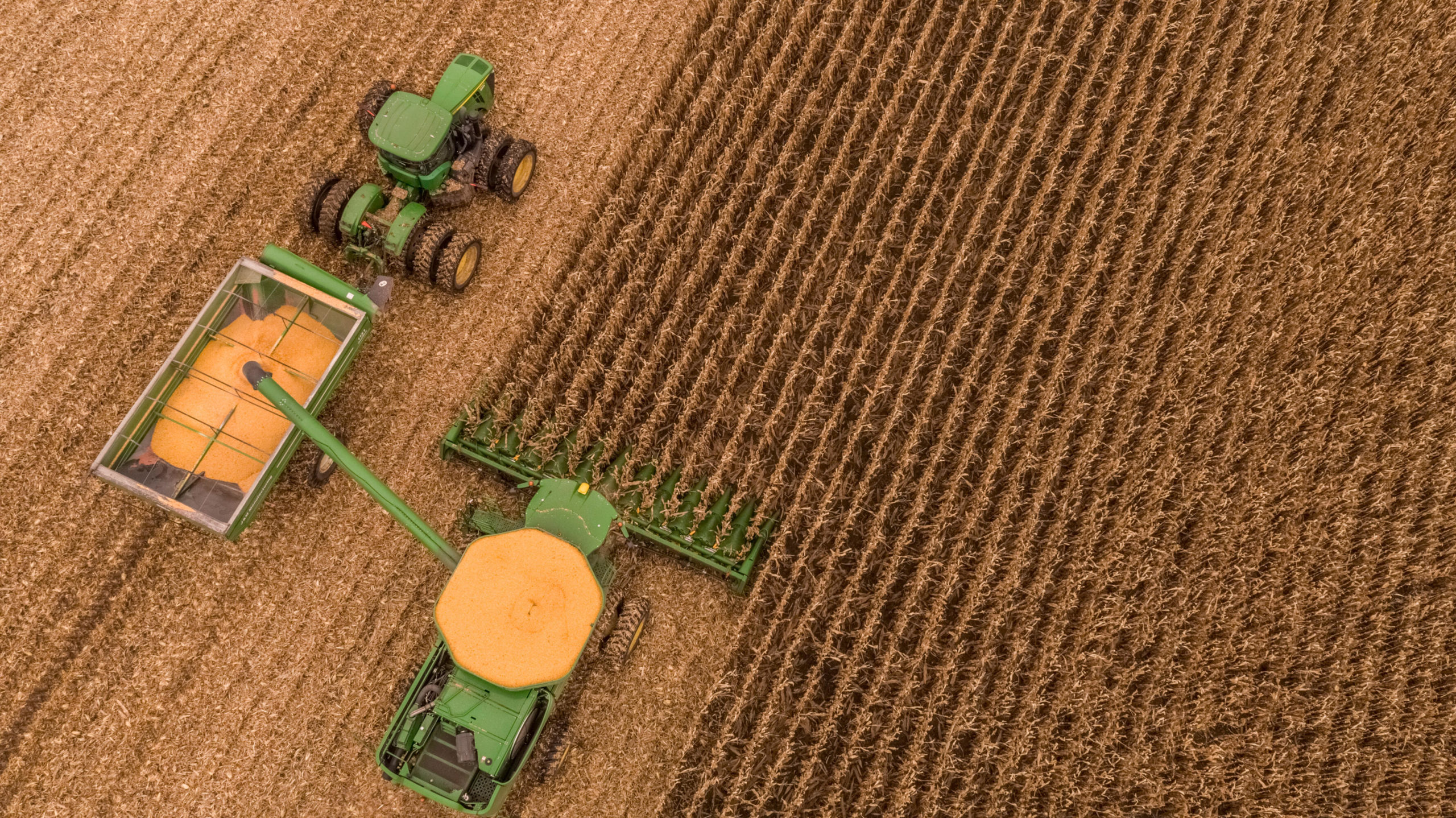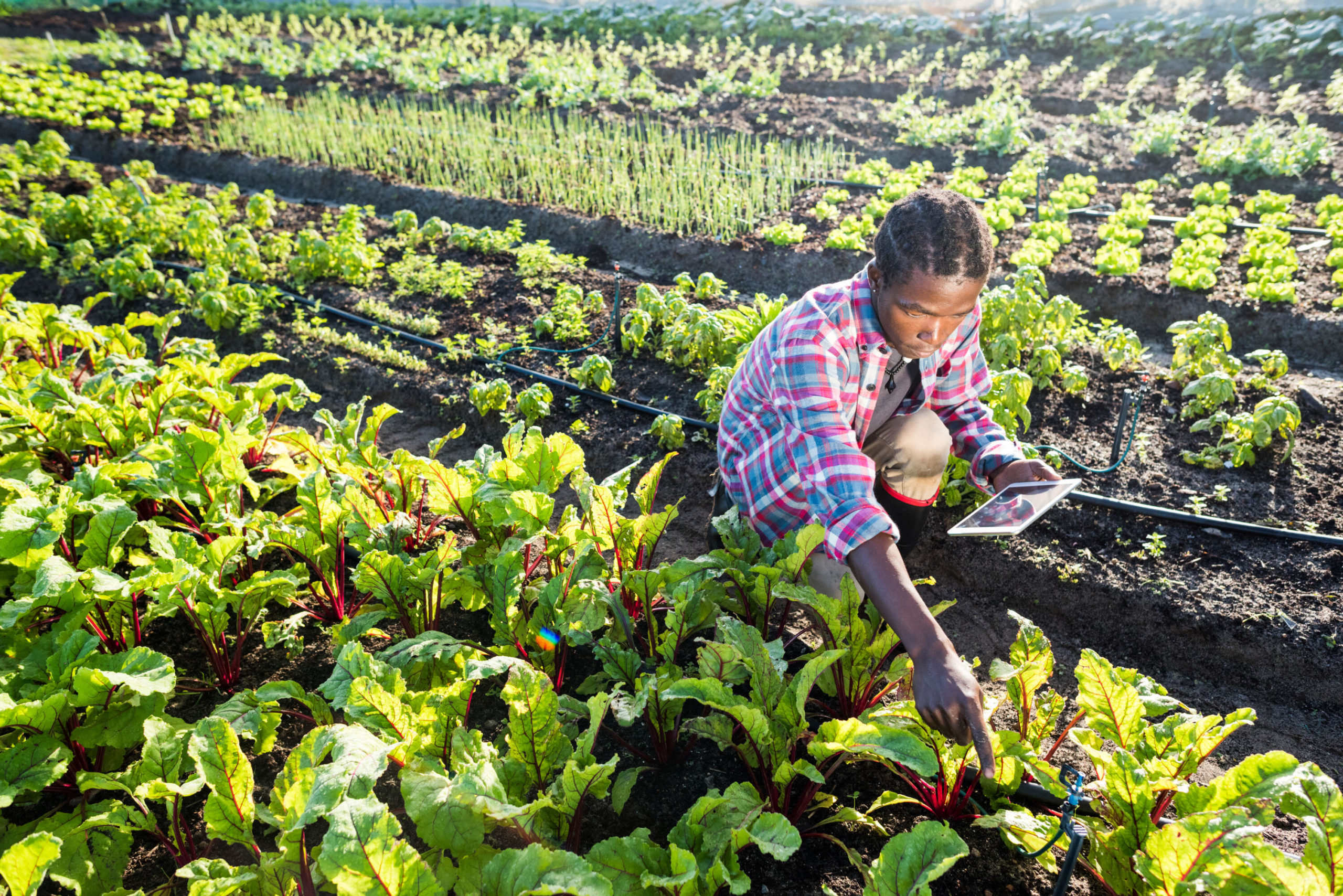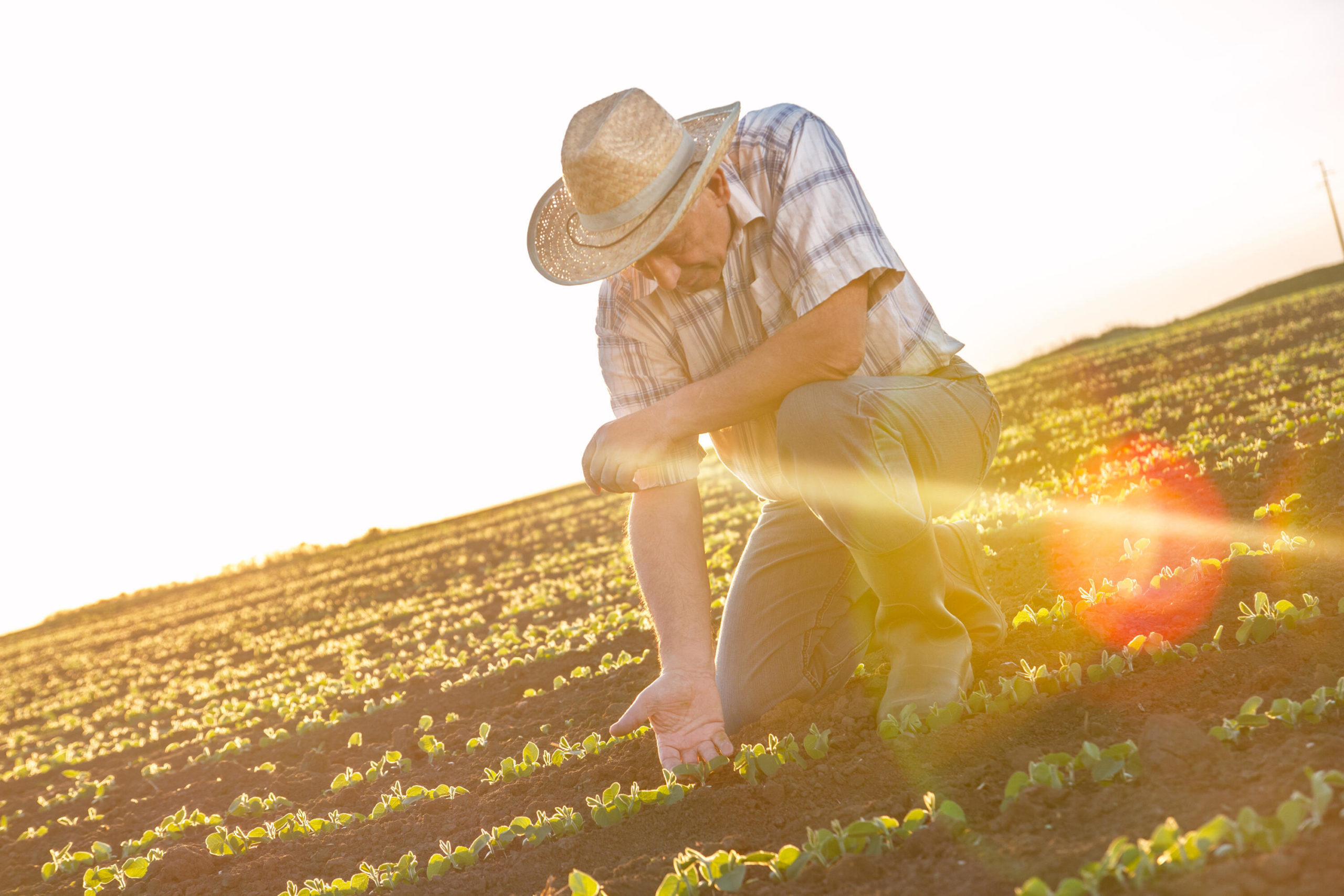Natasha Santos, Vice President, Head of Global Stakeholders Affairs and Strategic Partnerships at Bayer Crop Science, outlines how smallholders can be better equipped to help the world achieve the Sustainable Development Goals.
When they were released in 2015, the United Nations Sustainable Development Goals (SDGs) were rightly celebrated as an ambitious blueprint for sustainable development. But could the creators of the SDGs have anticipated the seismic shocks to our planet – and food systems – in the years that followed?
By itself, the coronavirus pandemic has set back efforts to achieve the SDGs’ goal of zero hunger by 2030, with the UN projecting that the global community would miss the mark by some 660 million people. Now we must also reckon with Russia’s invasion of Ukraine – a humanitarian disaster that will have consequences reaching far beyond Europe.
Nearly 30 per cent of global wheat exports and 75 per cent of sunflower oil exports come from Russia and Ukraine, according to industry estimates. India relies on Ukraine for more than three-quarters of its supply of sunflower oil, while a spike in the cost of wheat is being felt across Africa.
Shocks like the lingering coronavirus pandemic, the war in Ukraine, and the ever-present threat of extreme weather driven by climate change put an exclamation point on the need to establish more resilient food systems.

Nearly 30 per cent of global wheat exports and 75 per cent of sunflower oil exports come from Russia and Ukraine. Photo credit: Hollis Bennett
Future-proofing food systems through our farmers
Despite these challenges, the opportunity to end hunger and build a more sustainable future for agriculture is still within reach. But to achieve the innovation and future-proofing necessary to insulate the food system from shocks like climate change, COVID-19 and conflict will require instruments that work for both people and the planet.
Crucially, we will need to engage stakeholders throughout the agricultural value chain. Above all, these solutions need to reflect and respond to the lived experiences of the millions of farmers who grow – and earn a living from – our food. Too many well-meaning efforts to develop sustainable farming practices have left out one essential ingredient for success: the voices of farmers themselves.
Bayer’s Global Carbon Initiative is built around engaging farmers as key partners in the movement toward sustainable agriculture. The initiative aims to accelerate climate-smart agriculture by paying farmers for adopting sustainable practices on the farm, like tillage reduction, cover cropping, and crop rotation. In addition to the financial incentive, participating farmers may also realize improved soil health, leading to increased yields, profitability, and sustainability.
The initiative, which kicked off in the United States and Brazil in 2020 and expanded to Europe and Argentina last year, is integral to Bayer’s commitment to enable our farming customers to reduce their greenhouse gas emissions per kilogram of crop produced by 30 per cent through 2030. This applies for the highest greenhouse gas emitting crop systems in the regions Bayer serves with its products.
The program aligns with Bayer’s participation in the EU Carbon+ Farming Coalition, a coalition of 14 multistakeholder organizations working across the food and agriculture value chain to accelerate uptake of sustainable practices in Europe, with an emphasis on farmer-centered solutions.

There is a need to engage stakeholders throughout the agricultural value chain, writes the author. Photo credit: Getty Images/Bayer
Advancing sustainable agriculture
Programs such as these can help boost engagement in sustainable agriculture by equipping farmers with the resources and incentives that work for them. But more effort is needed to reach growers who are farther down the value chain, economically and geographically, such as the world’s smallholder farmers. Prohibitive start-up costs, limited access to finance or credit, a lack of information about how to participate, and even foundational issues like land tenure insecurity can all blunt their participation.
Targeted investments can help. In sub-Saharan Africa, Mercy Corps’ Agrifin Digital Farmer (ADF) program is helping reduce the costs of technology for farmers to access critical information and resources, which facilitate uptake of sustainable farming practices. Supported by Bayer Foundation, ADF has expanded digital services ranging from text messaging alerts to smart phone applications to 5 million smallholder farmers across Africa.
The program was pressure-tested in 2020, when East African farmers faced the dual challenges of the COVID-19 pandemic and an invasion of desert locusts that threatened to destroy crops. In response, Mercy Corps delivered public health and pest control messaging to more than 16 million smallholder farmers. Local farming communities became first-responders combatting the locust invasion, reporting sightings of the migratory pests to help facilitate control efforts by government authorities in Kenya and Ethiopia.
Equipping African smallholders with the means and the incentive to participate in climate smart agriculture could not only lead to more sustainable management of existing farmland, but also spur recovery of degraded lands. Both would be a boon for food security on the continent, restoring and protecting the soils that are vital for growing nutritious food.

Food insecurity, soil health and climate change must be addressed together, writes the author. Photo credit: Zoran Zeremski
Investing in collaboration
Food insecurity, soil health and climate change are so intertwined that they must be addressed together. We already know that all can benefit from the innovation that will be needed to solve these most pressing challenges.
For farmers, the benefits are manifested in more efficient and productive farming practices, good for the environment and their bottom lines. For the private sector, investing in sustainable farming can strengthen core business strategies and foster research and development.
Farmers need access to better seeds, fertilisers, and other inputs to close the yield gap and adapt to changing climate, pests, and disease pressures. This is where government can play a crucial role by creating a policy environment supportive of agricultural innovation. Unfortunately, underdeveloped seed systems and a lack of political will to approve technology for wider use mean that efforts to deliver seeds to farmers still lag in many parts of the world.
Time is something we cannot afford to waste. The war in Ukraine illustrates that sudden shocks to the food system can have far-reaching consequences. To better withstand the pressures on global food security, we need to invest in collaborative approaches that work for farmers and the planet. As the world rushes to meet the SDGs’ core target of zero hunger by 2030, we have 660 million reasons to act swiftly and decisively.
Header photo / producer credit: Alamy / Christopher Scott



